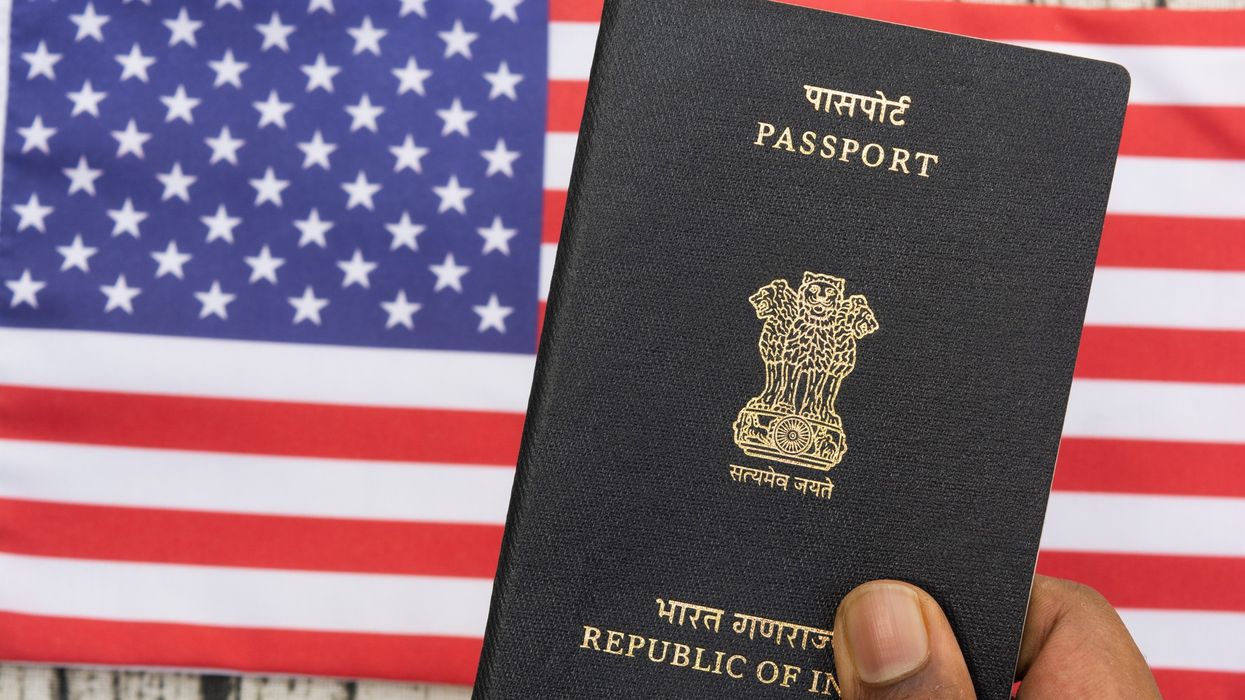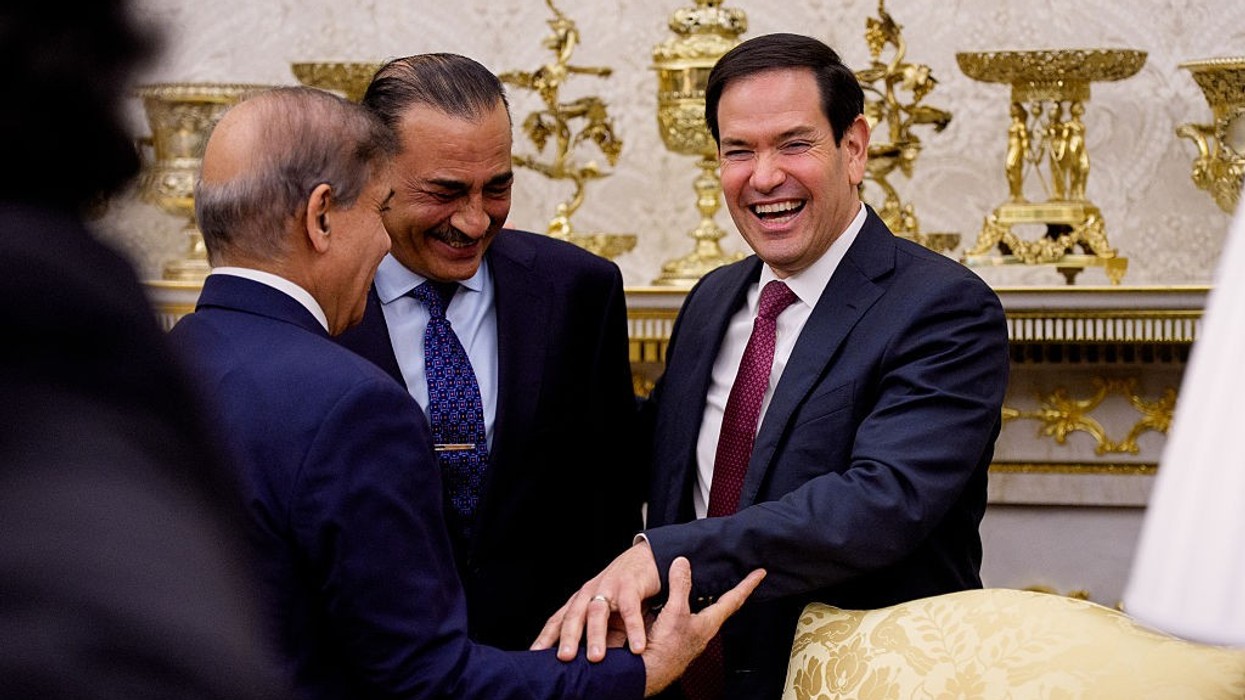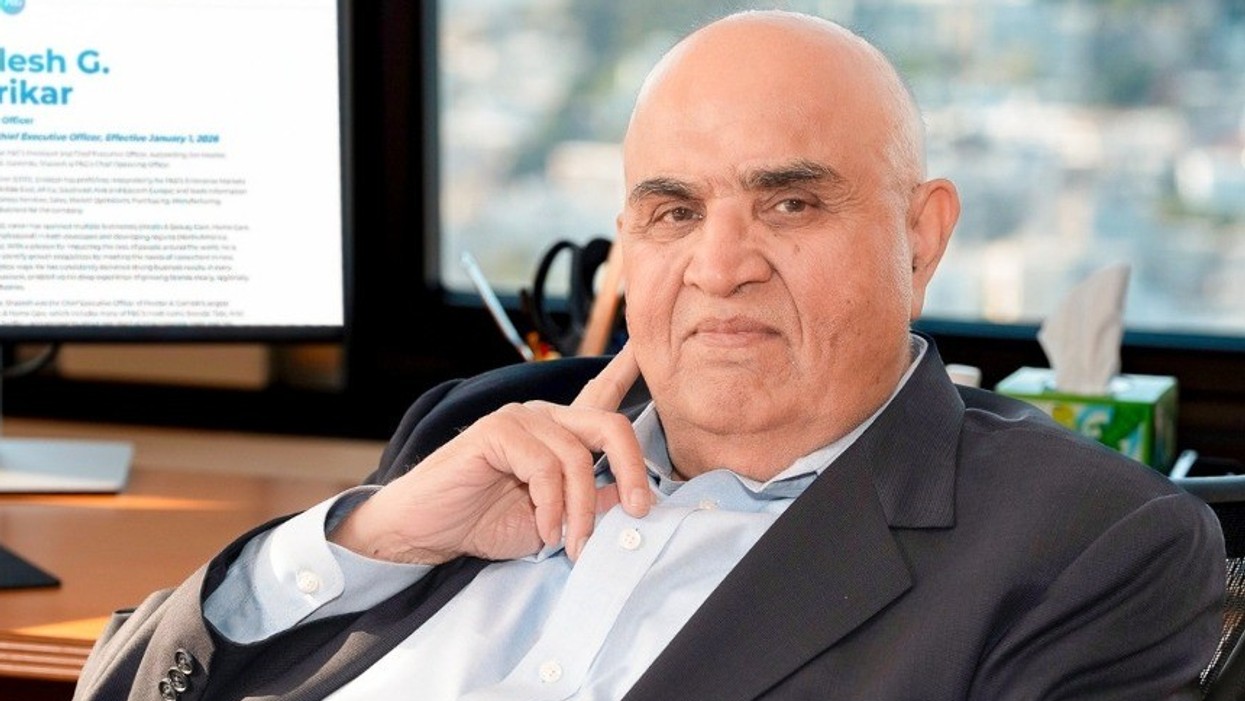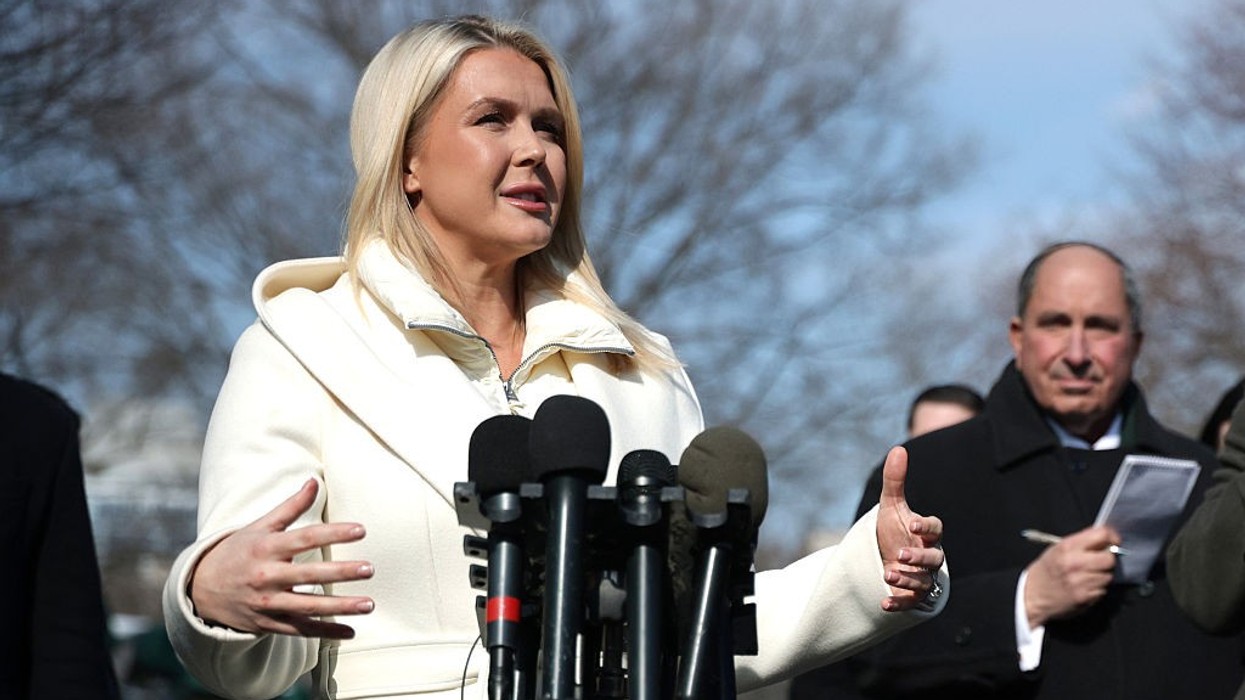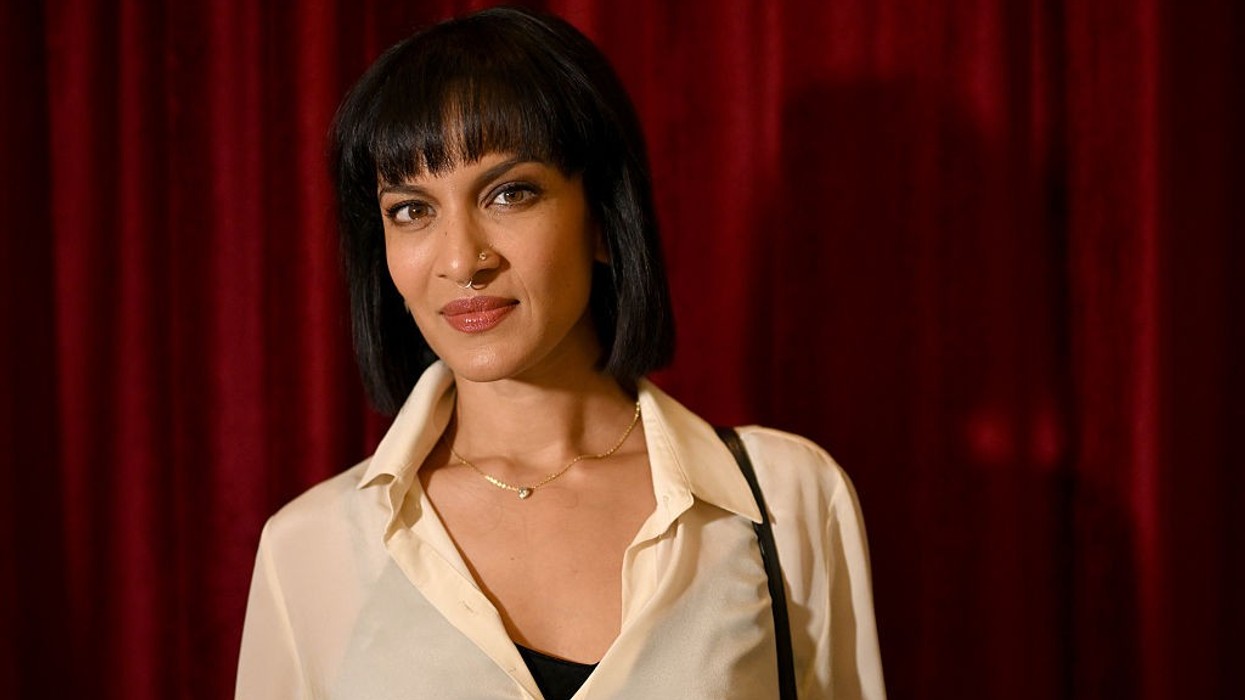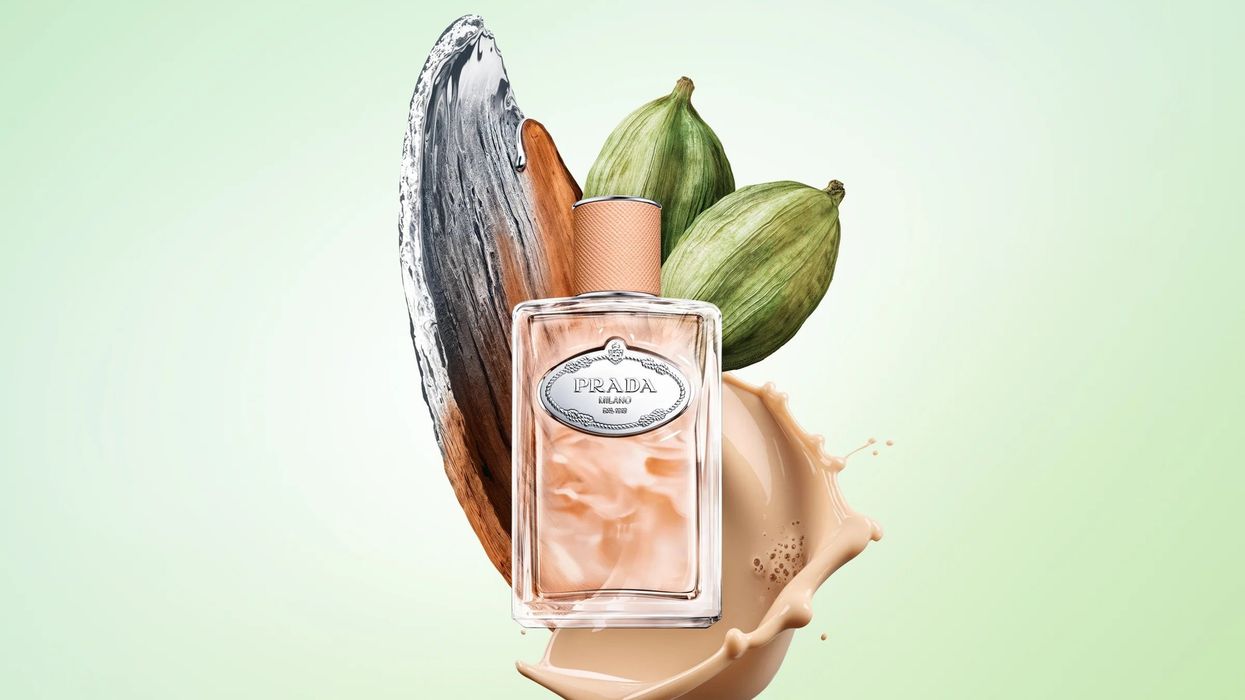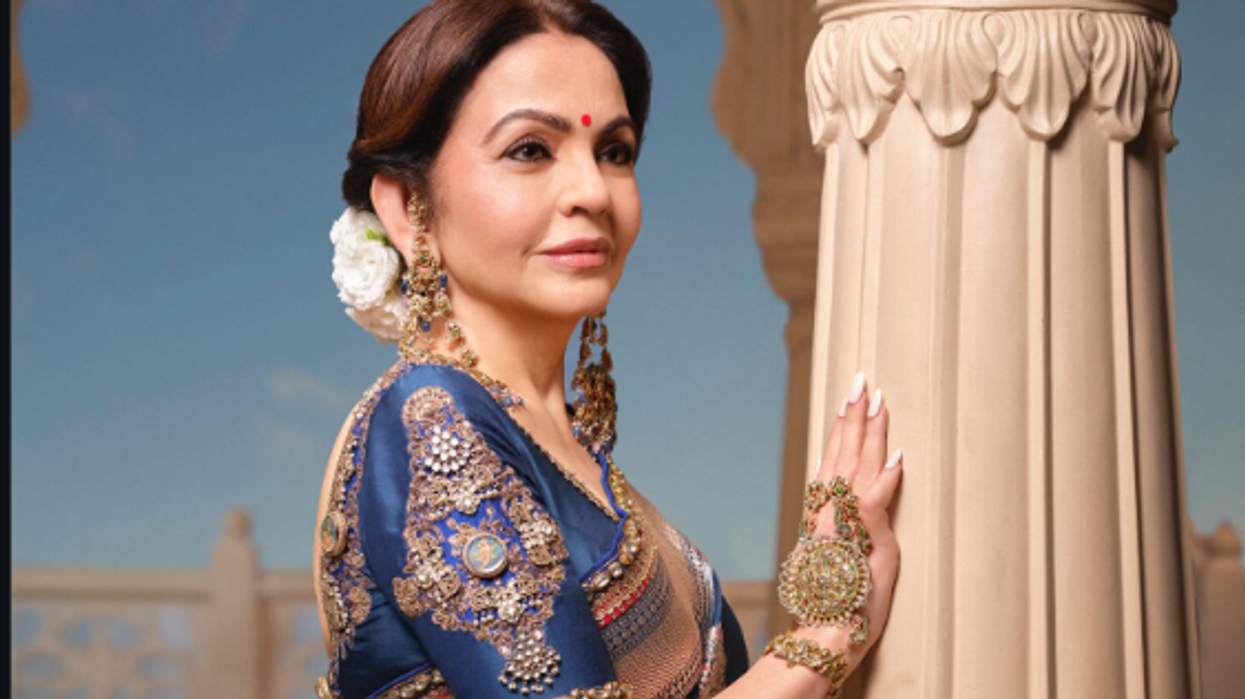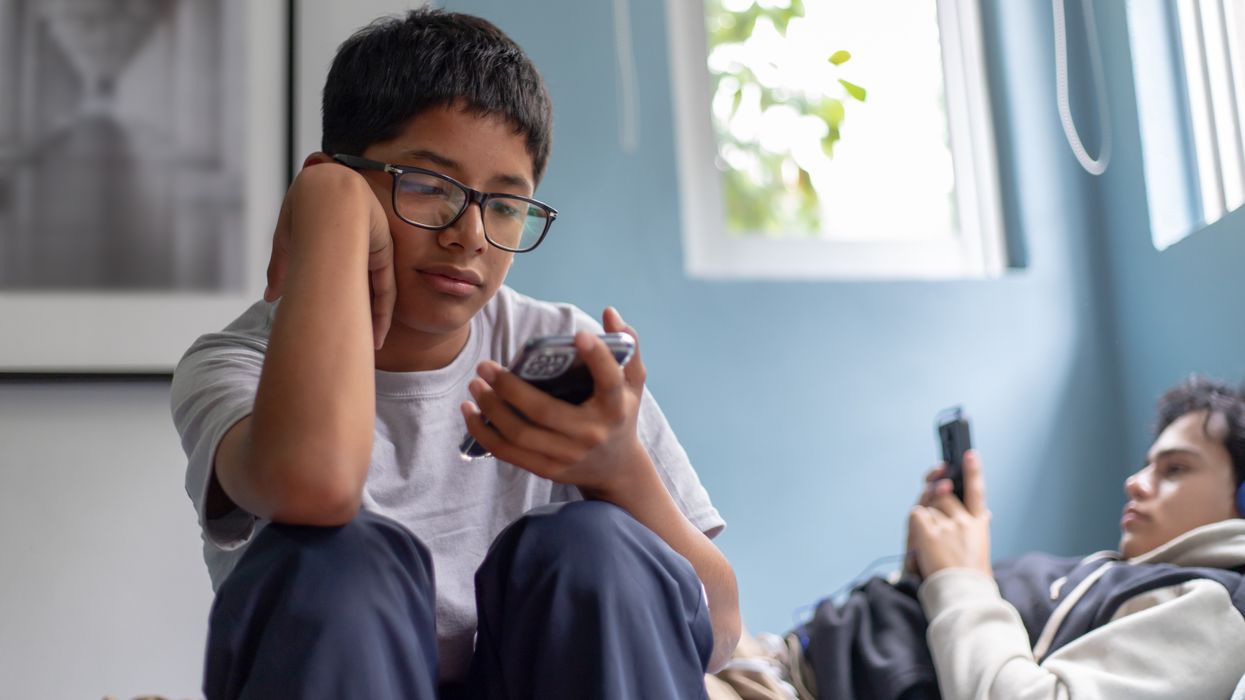Highlights:
- H-1B visa program faces renewed scrutiny amid US tech layoffs
- Some Americans allege Indian workers are displacing local jobs
- Indian-Americans express frustration with stereotypes and community behavior
- Viral video of street celebrations near Dallas adds to cultural tensions
Growing backlash against H-1B visas
The H-1B visa program, which allows skilled foreign professionals, many from India, to work in the United States, has become a flashpoint in 2025. Calls for restrictions or bans have intensified following widespread layoffs in the technology sector.
Critics argue that Indian workers are “taking” American jobs, fueling resentment in some communities. At the same time, certain Indian-Americans say they are frustrated with cultural practices and behaviors within parts of the diaspora.
Social media at the center of the debate
Much of the discussion has unfolded on X (formerly Twitter). One Indian-American user wrote:
“I am Indian American and I can see the reason for all the backlash against H-1Bs. Sorry and ashamed to say that all these stereotypes for Indians are very true.”
Other posts highlighted predominantly Indian neighborhoods in the US, including Spenard in Anchorage (Alaska), Crossroads in Bellevue (Washington), Telfair in Sugar Land (Texas), and Farmington Hills (Michigan), where some claim Americans no longer feel welcome.
Viral video adds fuel to controversy
The debate escalated after Texas resident Daniel Keene shared a video of people playing dhol and dancing in a Dallas-area street. Though he did not explicitly identify them as Indian, Keene captioned the clip:
“Typical view in my neighborhood outside Dallas. We have to cancel the H-1Bs. I want my kids to grow up in America. Not India.”
Keene later said his wife had recorded the video because the group was blocking traffic, adding that the atmosphere felt like “walking the streets of Mumbai.” His comments drew both criticism and support.
Divided public response
Some social media users agreed with Keene, describing the street celebrations as disruptive and emblematic of cultural change. Others defended Indian immigrants, calling them “hard-working, polite and peaceful,” and dismissed Keene’s remarks as racially motivated.
One commenter wrote: “You’re a terrible person. I’ve never met an Indian family that didn’t add value to our country.” Another argued: “This is America! The melting pot of the world. If you’re implying you want your kids to grow up in White America, that’s another matter.”
Immigration debate remains unresolved
The H-1B visa continues to be one of the most debated aspects of US immigration policy. With Indians making up a large share of these visas, the issue frequently resurfaces during periods of economic uncertainty and job losses.
